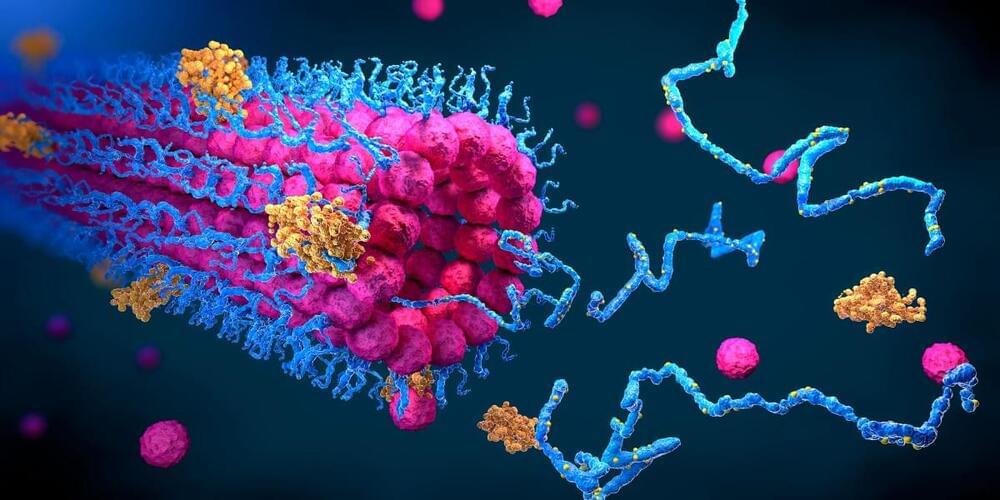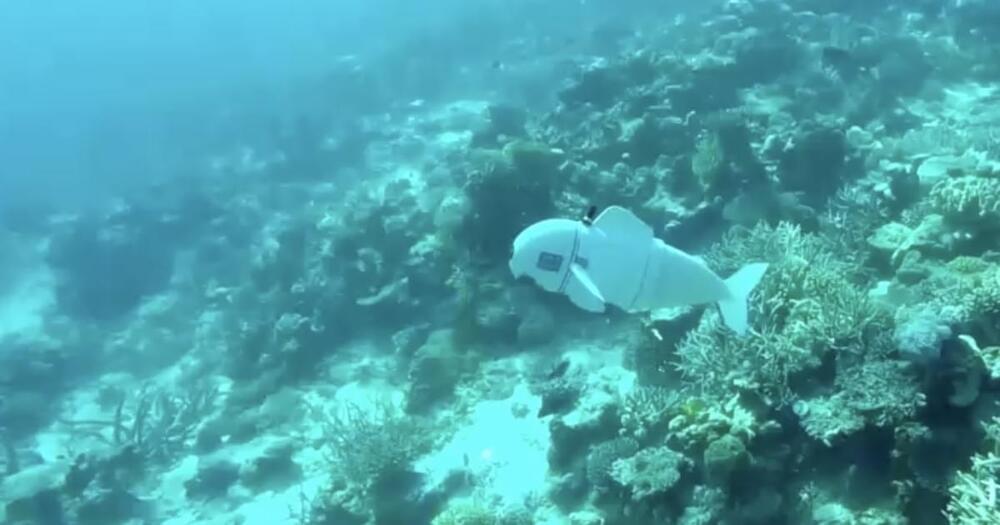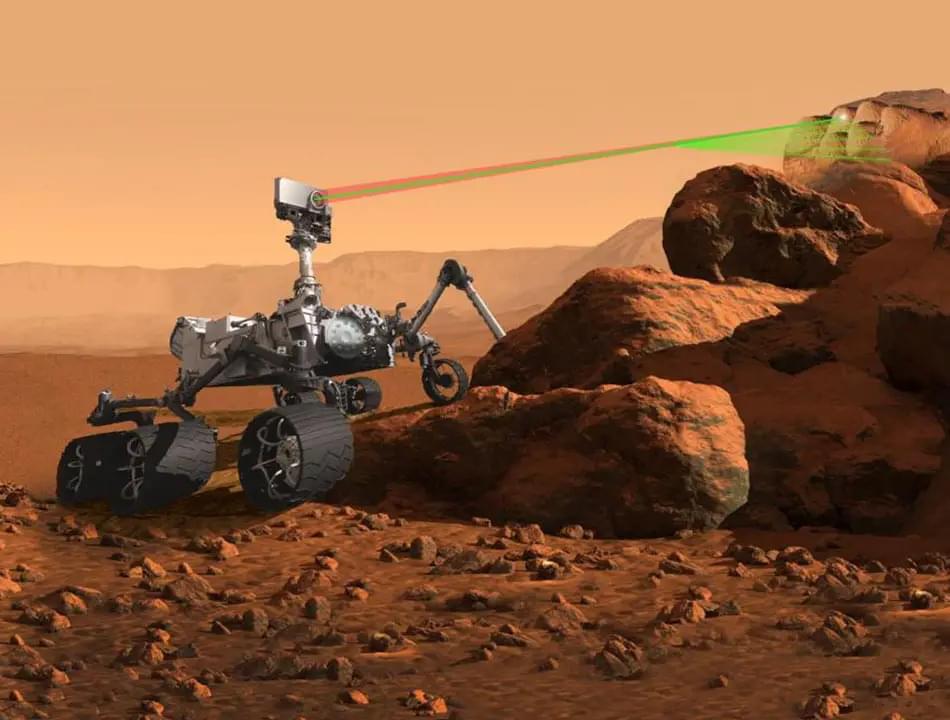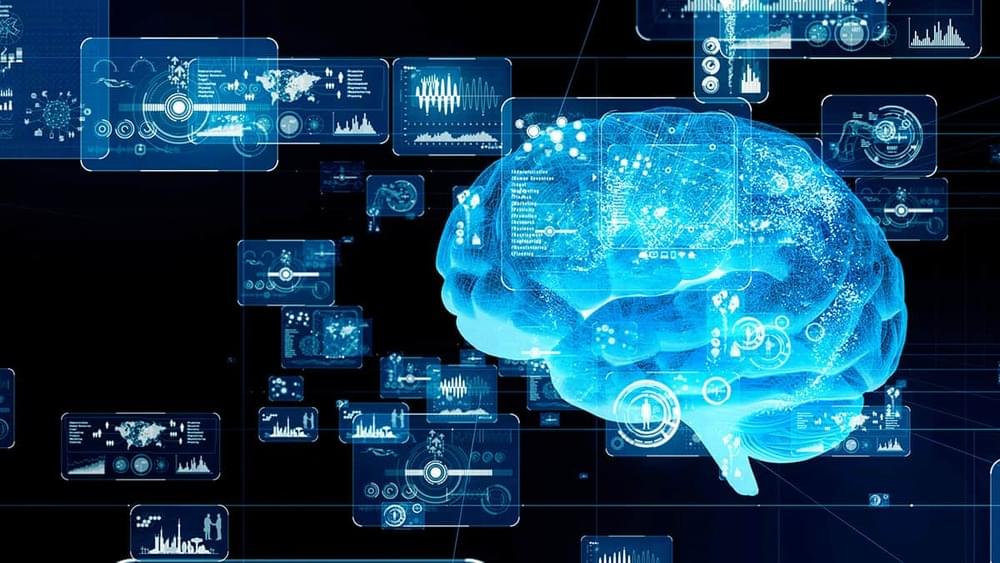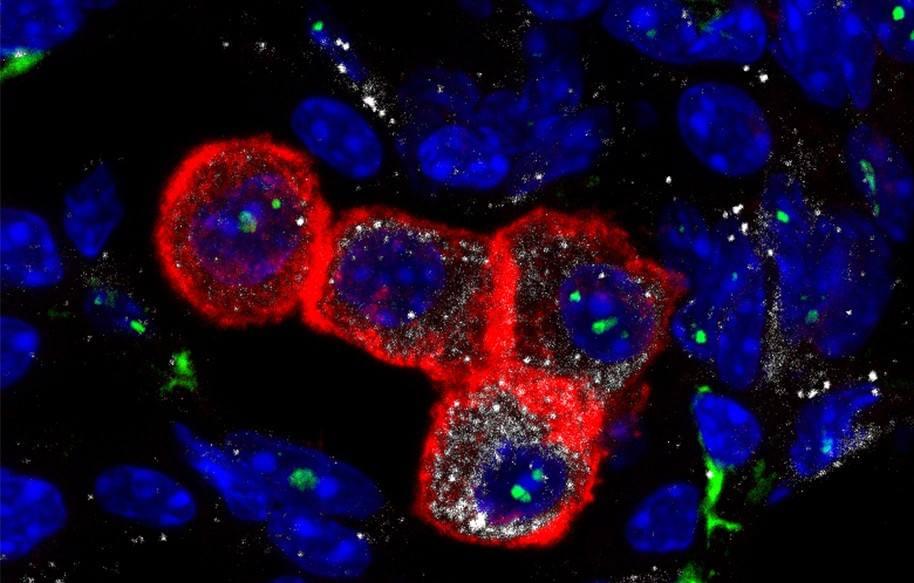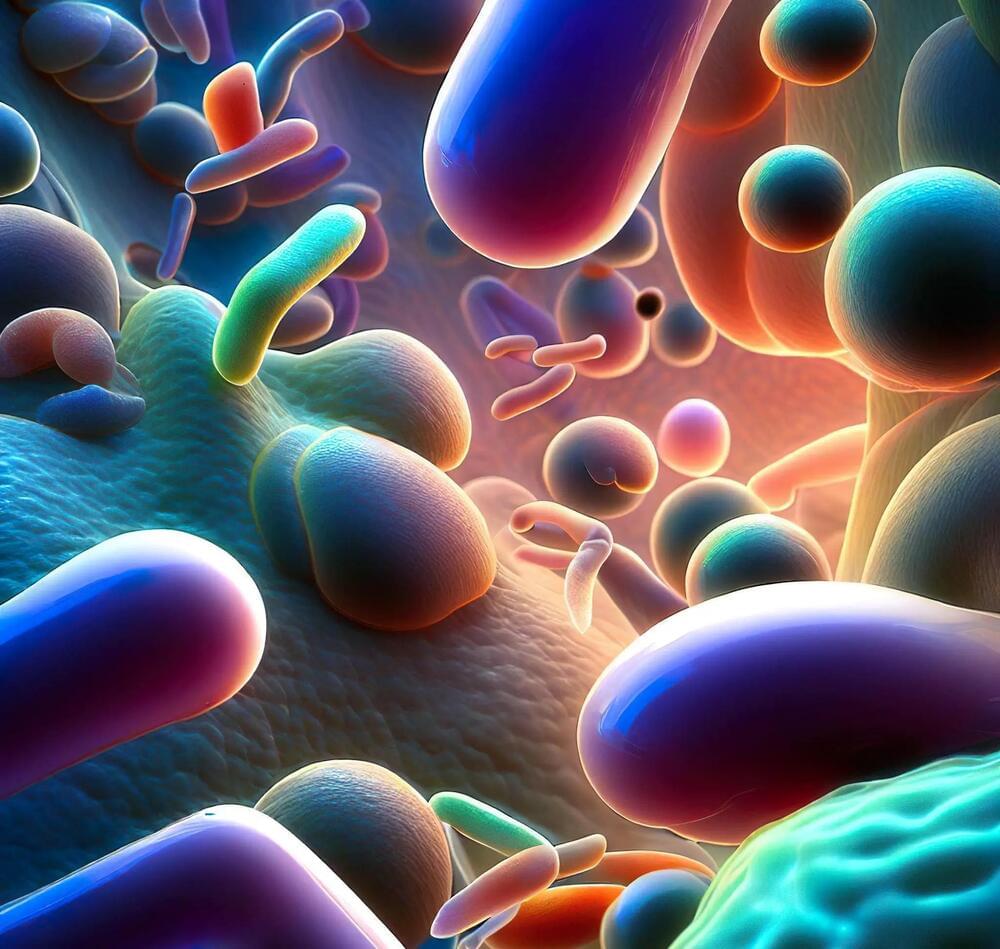“It tastes like chicken.” That’s a common review of UPSIDE Foods’ new trial product. Perhaps that’s not surprising: it is, after all, chicken — at the cellular level. But the fillets are not from a slaughterhouse. They are grown in bioreactors in an urban factory in California.
Alittle over a decade ago, only a handful of researchers were investigating the potential of laboratory-made meat. The world’s first cultured beef burger, which reportedly cost US$325,000, was made by Maastricht University biomedical engineer Mark Post, who ate it at a press conference in 2013. Such products are now much closer to market: more than 150 companies around the world are working on cultured meat (from ground beef to steaks, chicken, pork and fish), milk or related ‘cellular agriculture’ products, including leather.
Companies making cultured meat are attracting billions of dollars of investment. Here are their biggest challenges.

